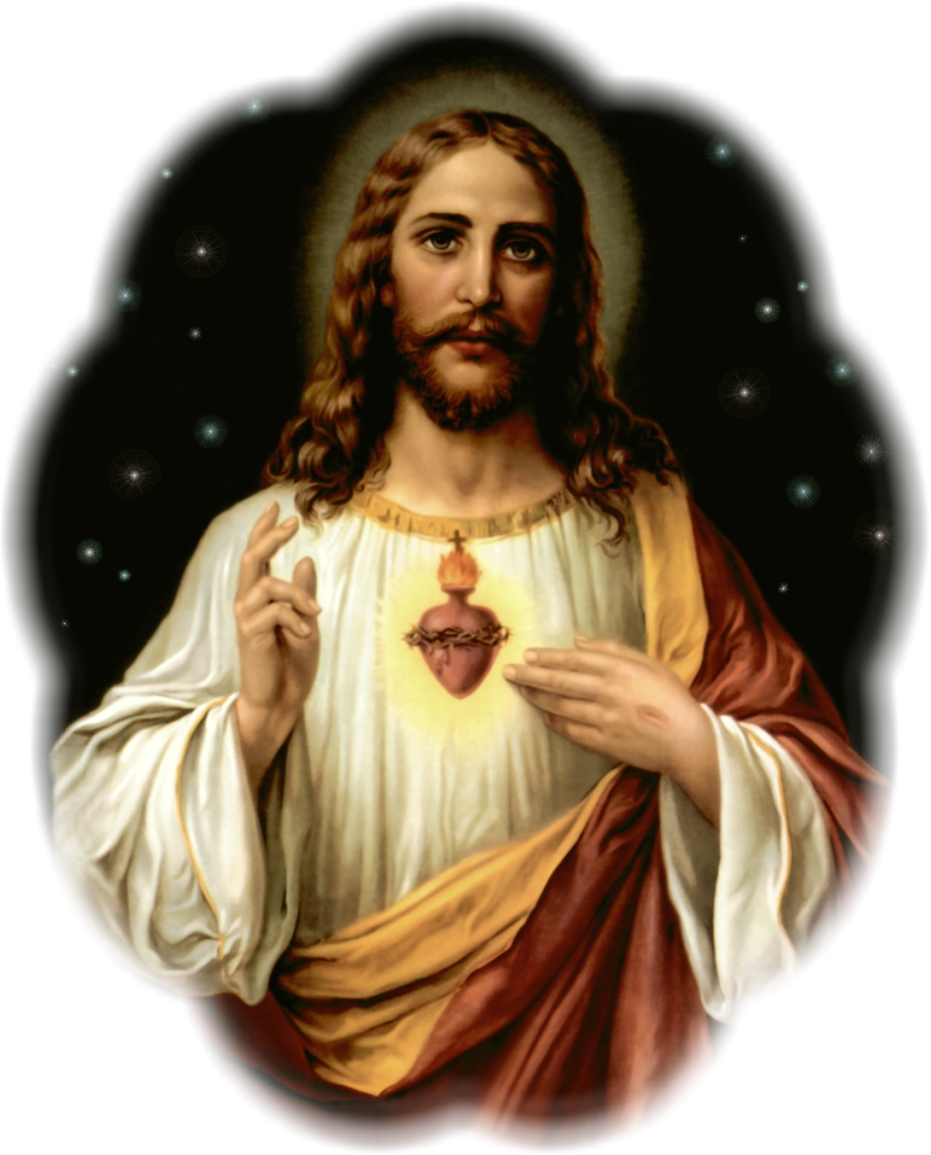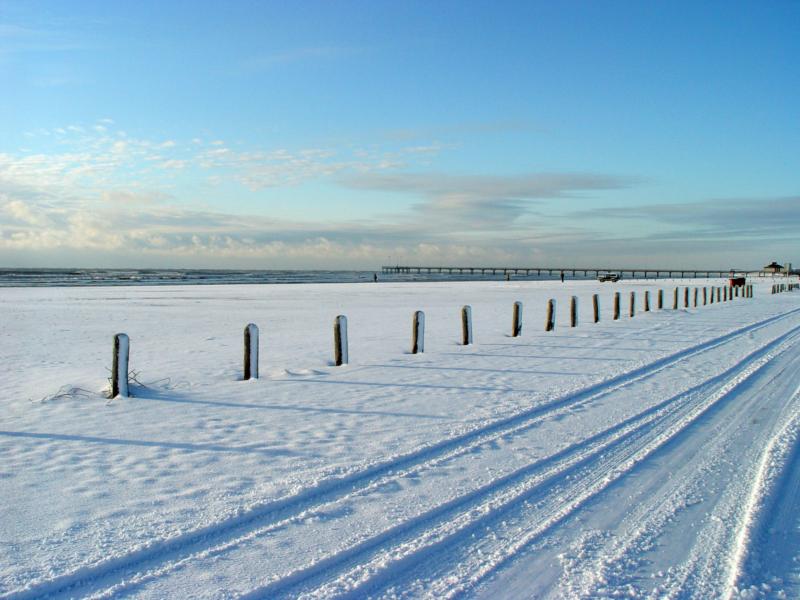 |
| The Sacred Heart of Jesus |
Early History of Christmas in Maine/Massachusetts
The earliest historical mention of Christmas we can find was 16 years before the Mayflower landed in North America. In 1604 French settlers on St. Croix Island, off the Maine coast, held religious services and spent most of the day playing "games".
The Puritans of New England found no biblical precedent for celebrating Christ’s birthday on December 25th, or any other day, and they felt that too much secular feasting and mirth accompanied a day that, if marked at all, should be a religious observance only. Christmas was not the only holiday dispensed with in Puritan New England. Easter, May Day and a host of other popular English celebrations were deliberately left behind as well.
But by the 1870s, more and more New Englanders, and their descendents across the country, were observing Christmas. The strict Protestantism of early New England gradually relaxed through the seventeenth and eighteenth centuries, and so did the prohibition on Christmas celebrations. New, attractive, and largely secular aspects of the holiday, like Santa Claus, stockings hung by the chimney, and Christmas trees took hold in the popular imagination. Elsewhere in the country, Episcopalians and Catholics had observed Christmas continuously, and European immigrants from countries like Germany, that had strong Christmas traditions, had kept the holiday flourishing. New Englanders were drawn in slowly, and by the nineteenth century’s end, most Christians observed some form of the Christmas holiday, complete with a dinner menu remarkably similar to Thanksgiving’s.
So Christmas was almost 86'ed by the very people leaving England to pursue freedom of religion. Odd, that. It also struck me that Christmas wasn't a big deal in Maine and the rest of New England until the 1870's. Since I am Catholic, it never entered my mind that some other Christian religions would not have celebrated Christmas like we did. I am certainly glad that we all, Catholics and Protestants, eventually came together to celebrate the singular most important event in the history of mankind, the birth of our Lord and Savior, Jesus Christ.
The Puritans of New England found no biblical precedent for celebrating Christ’s birthday on December 25th, or any other day, and they felt that too much secular feasting and mirth accompanied a day that, if marked at all, should be a religious observance only. Christmas was not the only holiday dispensed with in Puritan New England. Easter, May Day and a host of other popular English celebrations were deliberately left behind as well.
But by the 1870s, more and more New Englanders, and their descendents across the country, were observing Christmas. The strict Protestantism of early New England gradually relaxed through the seventeenth and eighteenth centuries, and so did the prohibition on Christmas celebrations. New, attractive, and largely secular aspects of the holiday, like Santa Claus, stockings hung by the chimney, and Christmas trees took hold in the popular imagination. Elsewhere in the country, Episcopalians and Catholics had observed Christmas continuously, and European immigrants from countries like Germany, that had strong Christmas traditions, had kept the holiday flourishing. New Englanders were drawn in slowly, and by the nineteenth century’s end, most Christians observed some form of the Christmas holiday, complete with a dinner menu remarkably similar to Thanksgiving’s.
So Christmas was almost 86'ed by the very people leaving England to pursue freedom of religion. Odd, that. It also struck me that Christmas wasn't a big deal in Maine and the rest of New England until the 1870's. Since I am Catholic, it never entered my mind that some other Christian religions would not have celebrated Christmas like we did. I am certainly glad that we all, Catholics and Protestants, eventually came together to celebrate the singular most important event in the history of mankind, the birth of our Lord and Savior, Jesus Christ.
